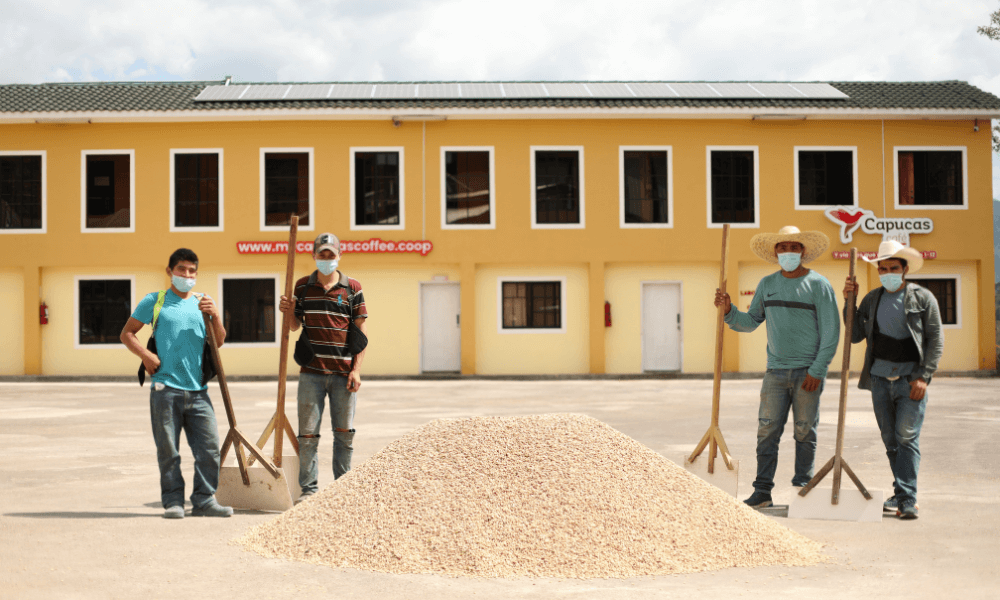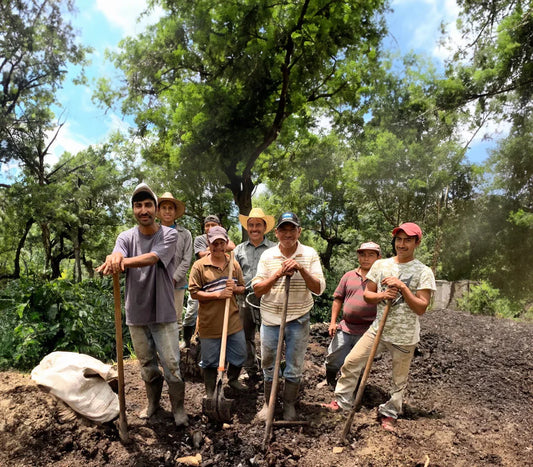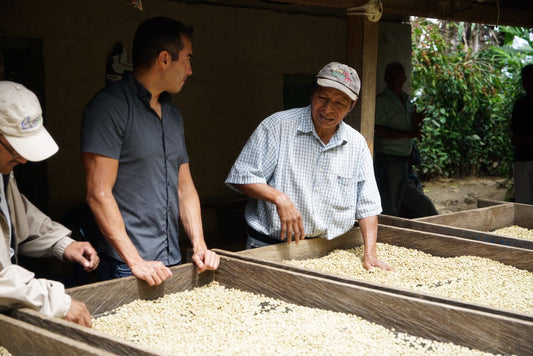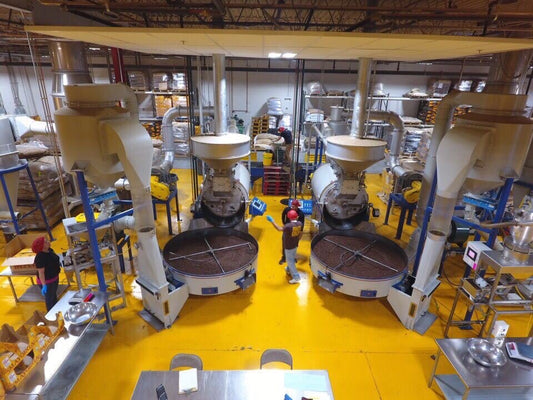
The Intricate Web of Coffee Quality and Price: Driving Value for Producers and Consumers
Jump to:
The value of coffee lies not only in its intoxicating aroma or the way it rouses us from our morning lethargy. It resides also in the quality that each sip offers, a quality that's born out of patience, dedication, and expertise. In an increasingly discerning market, the quality of coffee drives its price. But the concept of quality extends beyond mere sensory gratification. It seeps into the quality of life for those working tirelessly behind the scenes, driving value for both producers and consumers. There’s no denying it: the quality of your coffee is intertwined with the quality of life of the coffee farmer.
The Link Between Coffee Quality and Farmer Livelihoods
Most consumers, while delighting in the experience of a great cup of coffee, are unaware of the multifaceted relationship between the quality of their coffee and its price. The higher the quality of the beans, the higher the cost - a simple economic equation. But there's another side to this equation, a side that often remains unnoticed - the quality of life for those who grow, pick, and process these beans.
Think of quality as a constellation. Each star signifies a marker of quality - aroma, flavor, body, acidity, the balance of the coffee, and so on. But hidden among these more celebrated aspects are less conspicuous stars. These are the living and working conditions of coffee farmers; their access to education and healthcare, and their capacity to sustain themselves financially throughout the year.
In this context, the price we pay for our coffee is more than just a financial transaction; it's an endorsement of the quality of life of those who contribute to its making. By supporting independent coffee companies committed to improving the livelihoods of coffee farmers or directly supporting coffee farmers, we vote with our wallets for better living conditions, financial security, and access to education for these farming communities. We invest not only in the quality of our coffee but in the quality of human life.

The Role of Independent Coffee Businesses in Creating Sustainable Supply Chains
Independent coffee businesses and direct relationships play a pivotal role in creating a more sustainable and humane coffee supply chain. For example, at Mayorga Coffee, a company founded by Martin Mayorga who had seen first-hand the socioeconomic disparity between growers and sellers, they understand that the commitment of independent businesses to a sustainable and humane coffee supply chain is vital. From paying above fair prices and providing educational resources to advocating for safer working conditions, Mayorga Coffee upholds the essence of social and environmental sustainability. Their focus on organic products exemplifies this commitment, as they strive to be kind to the environment, protect the well-being of their farmers, and ensure the purity of their products. They do not consider operating sustainably as a mere marketing concept, rather it's a conscientious daily decision.
At Mayorga Coffee, the pursuit of artisanal quality is not left to chance, it is a result of the company's commitment to their craft and purpose. From their farmers to their roasters and production staff, each member is dedicated to not just protecting, but enhancing the quality of their products through every step of the process. As a proud Latino-founded company, they emphasize the importance of respecting the quality of their products and their heritage, and support producers in Latin America, creating a stronger and more equitable coffee supply chain.
To bring about this transformation, it takes patience, persistence, and a shared commitment to a vision of value. And this vision is about redefining value – not just through numbers on a price tag, but as a comprehensive, inclusive, and holistic measure that recognizes the hard work of every individual involved in the coffee production process.
Bridging the gap between quality and price, independent businesses are striving to create a system where the true cost of coffee – the human cost, the environmental cost, and the cost of sustainable practices – is reflected in its price. And to do this, they foster direct relationships with coffee farmers, provide them with resources to improve their farming practices, and ensure they are paid fairly for their labor.
In turn, these farmers, equipped with better knowledge, resources, and financial stability, can focus on enhancing the quality of their coffee. This not only contributes to their wellbeing but also elevates the sensory experience of consumers, thus creating a virtuous cycle that benefits all stakeholders in the coffee industry.

Redefining Coffee Quality and Price
We must take into account our role in making this vision a reality. It falls upon us, the consumers, to understand our role in this intricate web of coffee quality and price. It's up to us to look beyond the scores given by coffee experts, to consider the invisible stars in the constellation of coffee quality. By choosing to support businesses that prioritize the wellbeing of their workers and the environment, we're not just buying coffee; we're promoting better living and working conditions for coffee producers and their families, supporting the implementation of sustainable farming practices, and advocating for a more equitable coffee supply chain.
This redefinition of coffee quality also requires us to look at pricing in a different way. The price of our coffee should reflect not only the quality of the beans, but also the cost of providing a living wage to coffee farmers, of implementing sustainable farming practices, and of maintaining an environment conducive to the production of high-quality coffee.
So, as you can see, the relationship between the quality and price of coffee is indeed intricate. True coffee quality is not just about the cup we wake up to every morning, but also about the human stories and environmental considerations interlaced within it. It's about being socially and environmentally conscious, about shifting our perception of value to create a more sustainable and equitable world.
The journey to achieving this may be long, but every small step, every informed choice, every cup of coffee consumed consciously, brings us closer to our goal. Quality coffee is not a luxury; it's a commitment to improving the lives of those who make our daily brew possible. So the next time you enjoy a cup of coffee, remember – you're not just savoring a beverage, you're supporting a cause.


